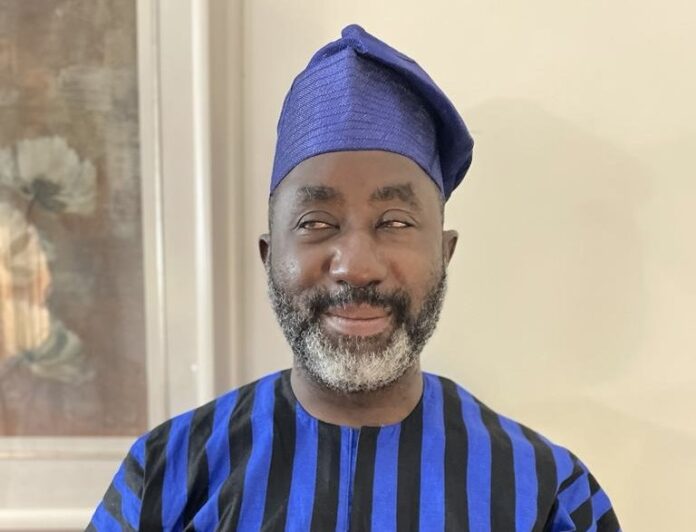The recent Supreme Court judgment granting financial autonomy to local government councils in Nigeria has been hailed as a significant opportunity to strengthen disability inclusion in the country.
Persons with disabilities (PWDs) in Nigeria face numerous challenges, including poor access to basic social services such as education, healthcare, and rehabilitation. The lack of locally accessible services exacerbates poverty and disability prevalence, with no local government having a legal or policy framework on disability.
However, with financial autonomy, local government councils are expected to invest in expanding disability inclusion in basic services, including health, education, social welfare, economic empowerment, and public infrastructure.
Advocacy groups are calling on local government councils to commit 10-15% of their budgets towards disability inclusion, including adopting the Local Government Disability Framework, setting up dedicated offices for disability affairs, and allocating employment and empowerment quotas to PWDs.
Increased strategic advocacy by organizations of persons with disabilities and collaboration with mainstream civil society organizations is also crucial for achieving disability-inclusive local governments in Nigeria.
The financial autonomy of local government councils is expected to improve access to basic social services for PWDs, enabling them to contribute meaningfully to their communities and the nation.
This was first published on BONews…
LG Autonomy: Opportunity to Strengthen Disability Inclusion in Nigeria – Adebayo








